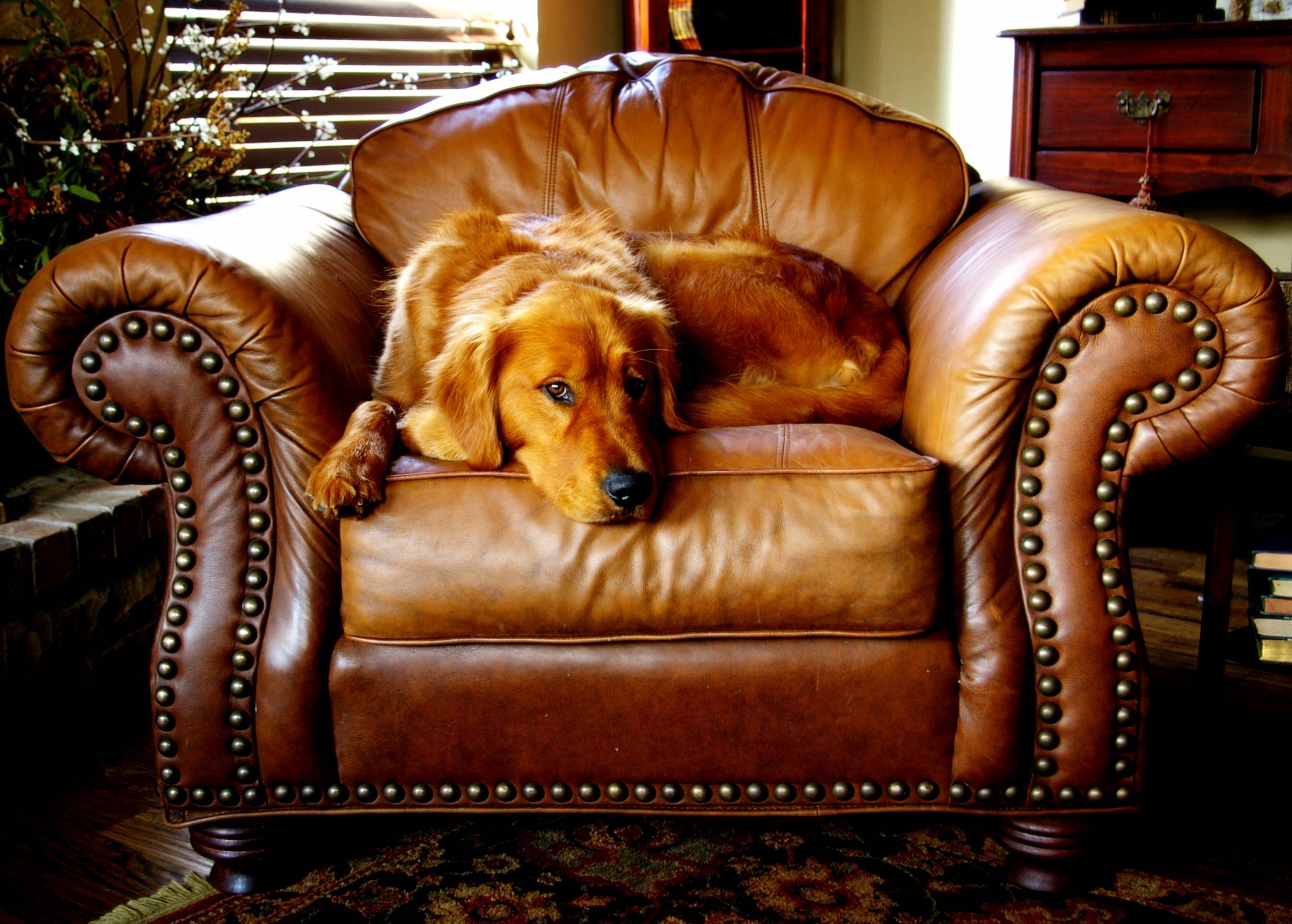How Long Do Siberian Huskies Live?
Post Date:
December 10, 2024
(Date Last Modified: December 10, 2024)
Siberian huskies are remarkable dogs, celebrated for their striking looks and lively personalities. If you’re thinking about welcoming a husky into your home or already have one, you may be curious about their lifespan. On average, these dogs live between 12 and 15 years, but this range can fluctuate due to various factors such as genetics, diet, exercise, and overall health care.
The Role of Genetics
Genetics significantly influences a husky’s lifespan. Responsible breeding is crucial for ensuring the health of the breed. Reputable breeders prioritize the wellness of their dogs by conducting health screenings for common genetic conditions. When choosing a husky, it’s wise to research breeders who are committed to maintaining high standards. Selecting a dog from a responsible breeder increases the chances of having a healthy companion.
Importance of Diet
A balanced diet is essential for the longevity of Siberian huskies. Like all dogs, they need nutrition tailored to their age, weight, and energy levels. High-quality dog food that provides the right balance of protein, fats, and carbohydrates is vital. Establishing regular feeding schedules and controlling portions can help maintain a healthy weight, as obesity can lead to serious health issues like joint problems and heart disease.
Exercise Needs
Given their high energy levels, regular exercise is particularly important for huskies. Originally bred as working dogs for harsh Arctic conditions, they thrive on physical activity. Activities such as running, hiking, and fetch not only keep them fit but also provide essential mental stimulation. Insufficient exercise can lead to boredom and behavioral problems, negatively impacting both their health and lifespan.
Preventive Health Care
Routine veterinary care is vital for maintaining a Siberian husky’s health throughout their life. Regular check-ups, vaccinations, and dental care can help identify potential health issues early. Common concerns in huskies include hip dysplasia, eye conditions like cataracts, and skin issues. Proactive health management can contribute to a longer, happier life for your dog.
Environment and Lifestyle
The environment and lifestyle also play a significant role in a dog’s well-being. A stable, loving home environment can greatly enhance a husky’s happiness and longevity. Stressful or neglectful situations can lead to health concerns and behavioral issues, while a nurturing atmosphere promotes overall quality of life.
Socialization Matters
Socialization is crucial for a husky’s development and can influence their lifespan. These dogs are social creatures that enjoy interaction with people and other animals. Early socialization helps them become well-adjusted adults, reducing stress and anxiety that could lead to health problems.
Individual Variability
While the average lifespan of a Siberian husky is between 12 and 15 years, individual experiences vary widely. Some huskies may live well into their late teens with appropriate care, while others may encounter health challenges that limit their years. The focus should always be on enhancing the quality of life during their time with you.
Mental Stimulation
Mental stimulation is as important as physical exercise. Engaging a husky with puzzle toys, training sessions, and interactive games keeps their minds active and helps prevent boredom. This breed is known for its intelligence and curiosity, so providing mental enrichment is essential.
Adapting to Aging
As Siberian huskies age, their needs change. Senior dogs may require modifications to their diet and exercise routines to accommodate a slower metabolism and emerging health issues. Regular veterinary visits become increasingly important, as older dogs are more susceptible to health problems. Being attentive to these changes can help your husky enjoy their later years.
Emotional Well-Being
Emotional health is a key aspect of a husky’s overall well-being. These dogs form deep bonds with their families, and providing love and attention significantly impacts their happiness. Understanding and addressing your husky’s needs fosters a strong companionship that can enhance their quality of life.
Maximizing Your Time Together
While the average lifespan of a Siberian husky is 12 to 15 years, several factors influence this range, including genetics, diet, exercise, preventive care, and emotional support. By ensuring a healthy lifestyle and a loving environment, you can help maximize the time spent together.
Cherishing every moment with your husky and prioritizing their health and happiness allows for a rewarding relationship. Each wag of their tail and playful interaction is a reminder of the unique bond shared with this extraordinary breed. Focusing on their physical, mental, and emotional needs creates a fulfilling life for both you and your husky.






